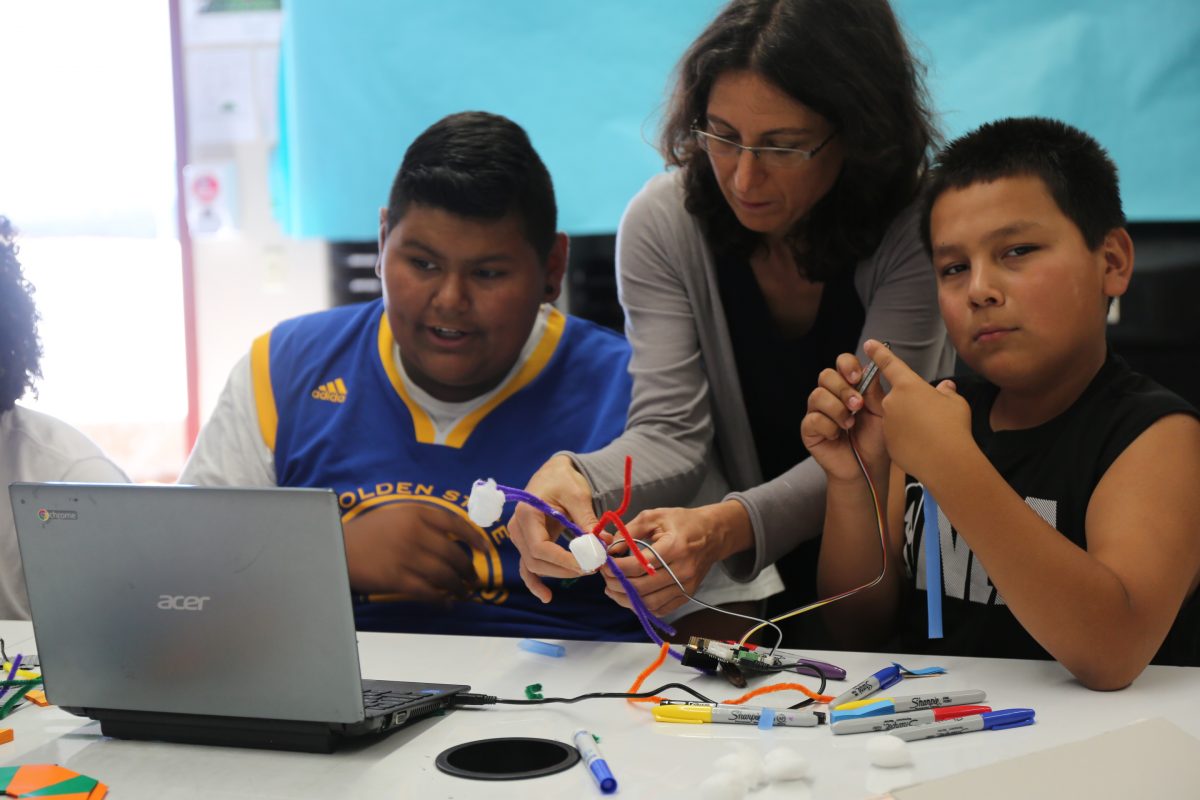Blum Center article on BEST/CARES collaboration with the Pinoleville Pomo Nation. Excerpt:
At the same time, the interdisciplinary UC Berkeley group called CARES—Community Assessment of Renewable Energy and Sustainability—was seeking to tread new water in the field of development. “As we worked with the nation on the sustainable housing project, our understanding of development changed,” said Perez. “We realized technology, and technological ‘fixes,’ are not enough. We needed to start with what sustainability meant to the tribe. And they had a lot to say about sustainability, because of the way they view their connection to the Earth—resulting in unexpected design decisions around heating, water use, solar power, and the shape and functionality of their homes.”
This insight about collaboration led the CARES group to a development methodology called “co-design.” The term, which builds on human-centered design, user-centered design, design thinking, and participatory design, goes further in empowering stakeholders in the decision making and design process to recognize that users (or locals or recipients of development assistance) are key participants in their own economic, environmental, and sociopolitical advancement, with significant contributions to offer. In essence, CARES, a forerunner of UC Berkeley’s development engineering graduate program, embraced co-design to address the disconnect between the creation of technological innovations by engineers and the needs, preferences, and cultural views of the people who will use them.
Explains Agogino, “The 10-year collaboration with the Pinoleville Pomo Nation shows a number of things: It shows that development projects can and should be local, not just international. And it shows that development solutions can range from how we design to how we publish academic research. The journal articles that have come out of the PPN collaboration have notably been co-authored by PPN members.”
Since 2008, CARES has collaborated with the Pinoleville Pomo Nation on engineering, architecture, and educational projects that have tested the boundaries of development. Co-designed results have included sustainable housing, renewable energy power systems, water restoration and management projects, and most recently science, technology, engineering, art, and math (STEAM) workshops for middle and high school students and a K-12 maker space.
